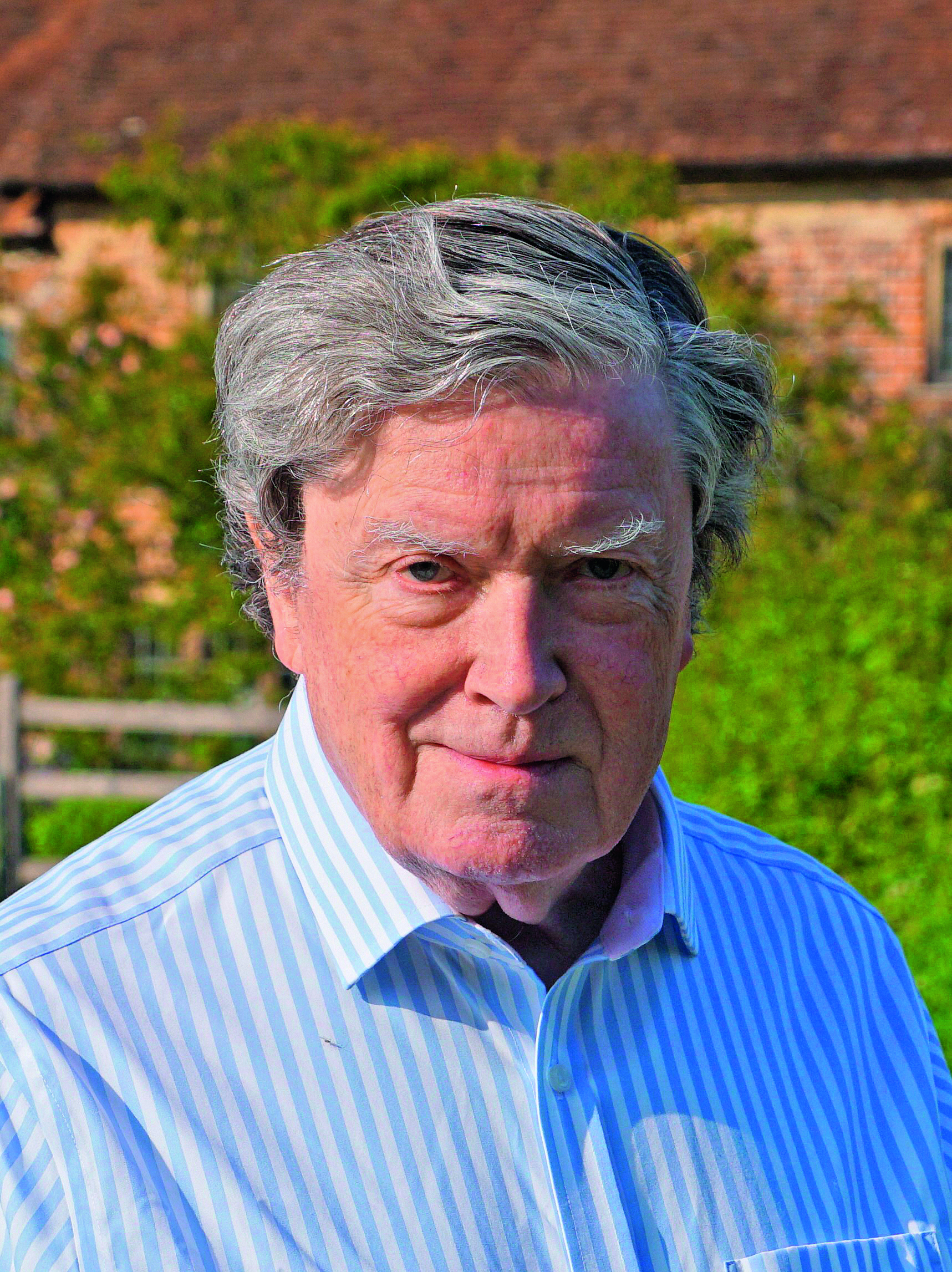Wakehurst: 500 years of history, 2.4 billion seeds, 500 acres of planting, and scientists who might just save us all
Charles Quest-Ritson takes a look at the amazing work that's been done to update Wakehurst, Kew's trailblazing outpost in Sussex.
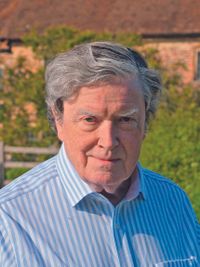
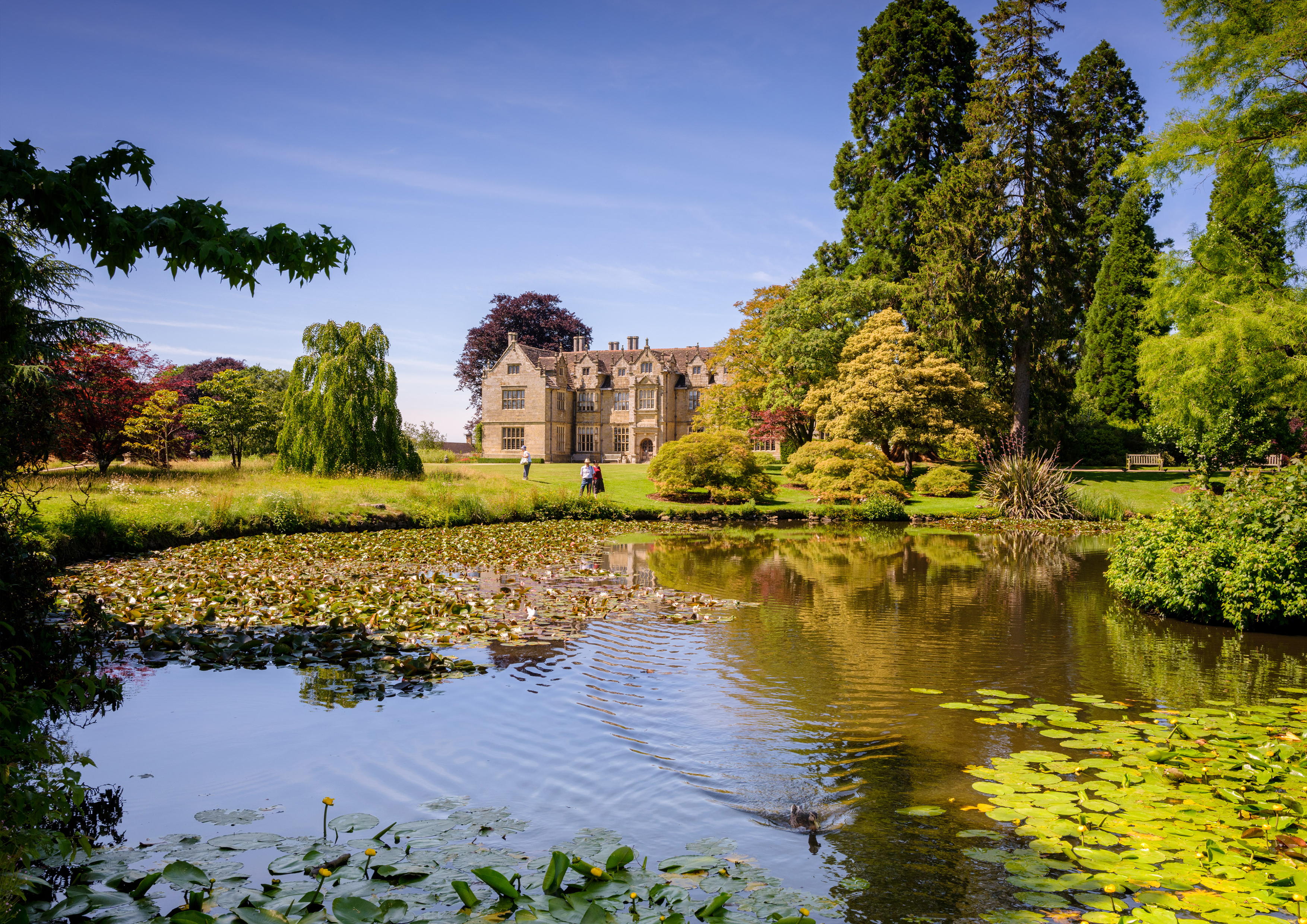
Wakehurst, the 16th-century West Sussex home of Kew’s Millennium Seed Bank, which is celebrating its 25th birthday, has had a major refurbishment. The Grade I-listed house — grandly known as The Mansion — is still the administrative centre of Wakehurst, although, over the past 50 years, hurricane winds and severe winters have taken their toll on the fabric of the building.
In 2022, almost all members of staff were decanted to portacabins so that the whole house could be re-roofed. This was a major operation, as the original quarry where the Horsham slates came from is now closed, so the roofers had to assess every individual slate, note its position and decide whether or not it could be reused. Remarkably, the work has been finished on time and according to the multi-million-pound budget.
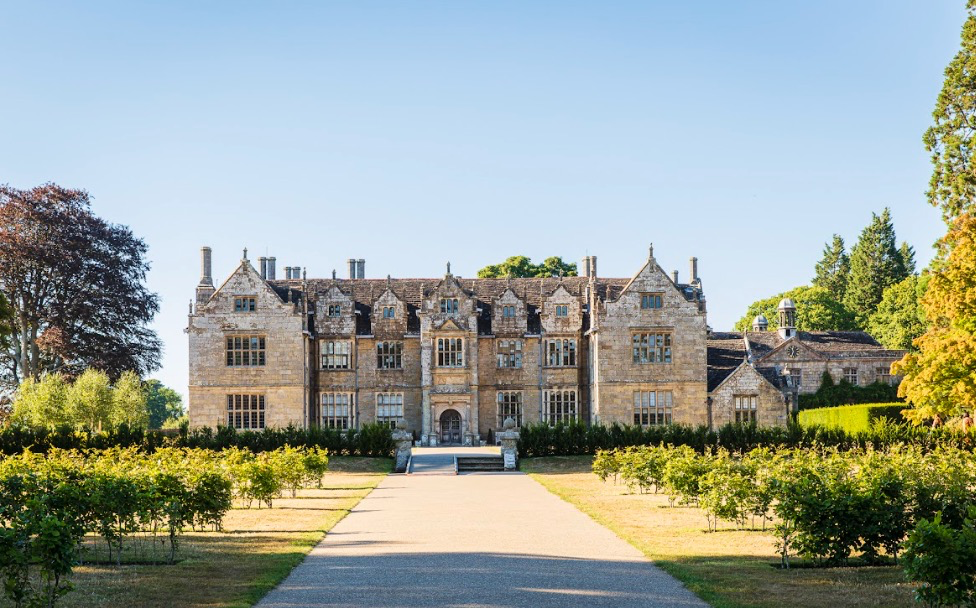
A major upheaval often spurs a rethink of priorities. Kew has decided to open up three important rooms within the house to public access. The late-Victorian chapel celebrates the creation of the Millennium Seed Bank, the old billiard room is used for educational displays and the splendid library is open for visitors to lounge on sofas, choose books to read and admire the cabinets of old, rare volumes with fine bindings and resonating titles.
Botanic gardens such as Kew are sometimes torn between the conflicting demands of visitors and scientists. The visitors pay to enter and often buy things; this raises funds for botanical research, from which we all benefit. Scientists, however, have a strict commitment to research. Wakehurst manages to balance the conflicting interests well. Its horticultural plantings, over some 500 acres, are among the best in England. The ornamental effects in its walled garden are richly composed and the beautiful Iris Dell has one of the largest collections of Japanese water irises (I. ensata cultivars) in the world, astonishing in July.
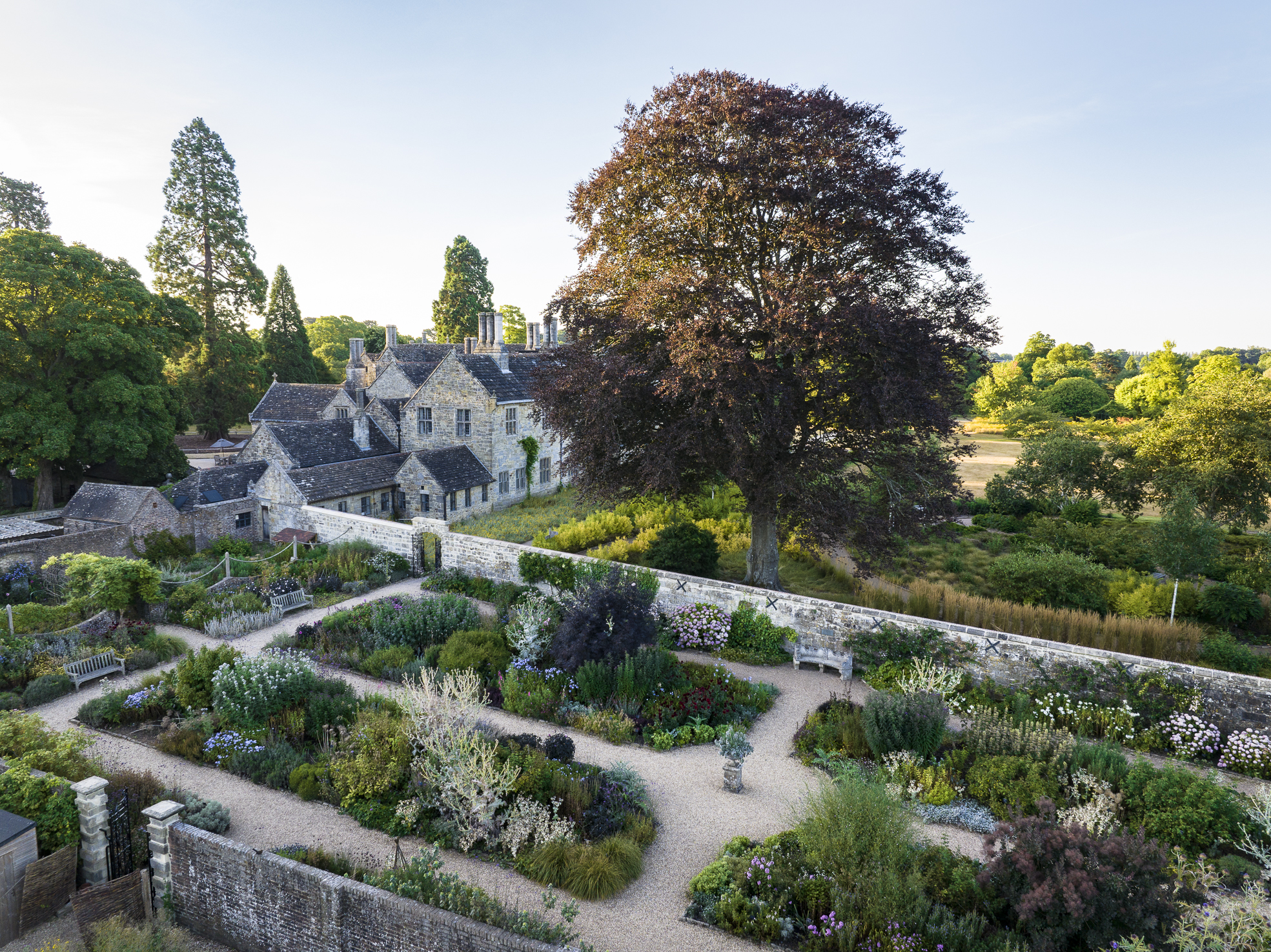
The walled gardens at Wakehurst simply have to be seen.
The winter garden — fairly new — is thickly planted with innumerable sweet-scented plants of Daphne bholua and the ancient azaleas and rhododendrons, many more than 100 years old, remind us that Wakehurst is a garden of the distinguished horticultural Loder family and one of the best. Seasonal plants are always in flower. Visitors are never disappointed.
"Wakehurst is working to create a future, at home and all over the world. Its long-term importance in the face of climate change cannot be over-emphasised"
Wakehurst’s professionals are thinking all the time about the future, especially the challenges posed by climate change. Scientific work includes creating an experimental, six-acre, North American prairie, unique among English gardens, which reaches its peak in late summer. Its purpose is to test 130 American plants for their resistance to summer drought. A forthcoming project will test subalpine meadow mixes from Georgia and Armenia to discover whether their grasses and broadleaf plants would grow well in Britain in the event of severe climate change. A large orchard is dedicated to conserving wild apples, pears, cherries and similar fruits collected as seeds in their ancestral homelands in Central Asia. The plan is to combine them with a similar collection of nuts from Kyrgyzstan — walnuts, chestnuts and hazel — from which all our modern varieties are descended, but which are at risk in their place of origin.
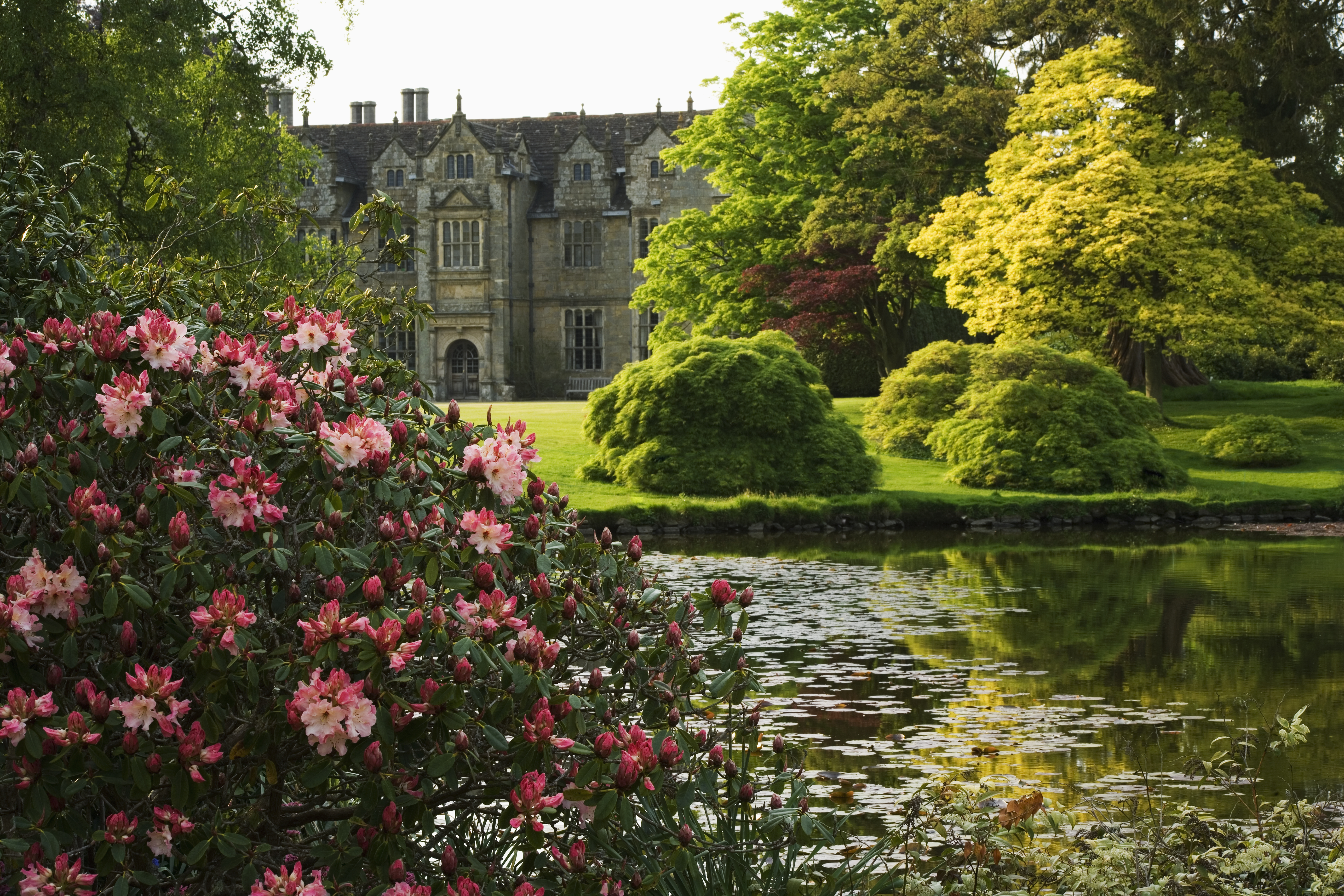
Wakehurst pre-restoration was still beautiful, but had been battered by decades of weather — now it can be enjoyed for many more years to come.
Climate change will have an effect on existing ecologies. Meadow gardens conserve the traditional wildflower mixes of the habitats of Britain, from the Scottish uplands to the Somerset Levels and Norfolk’s sandy heathlands. These are managed traditionally: cut for hay in August and grazed through to March by Hebridean sheep, useful because they have a preference for browsing — eating leafy shrubs — thus eliminating scrubby seedlings and preserving the natural balance. Through conservation, education, experimentation and a global approach, Wakehurst is working to create a future, at home and all over the world. Its long-term importance in the face of climate change cannot be over-emphasised.
Exquisite houses, the beauty of Nature, and how to get the most from your life, straight to your inbox.
The Wakehurst timeline
1903 Wakehurst is bought by Gerald Loder, later 1st Lord Wakehurst, a skilled plantsman responsible for a great number of the trees, rhododendrons and azaleas that are such an attractive feature today
1936 Loder dies and Wakehurst is bought by Sir Henry Price, a philanthropist who founded the Fifty Shilling Tailors clothing brand. He continues to plant the garden
1963 Price bequeaths Wakehurst to the National Trust
1965 The Trust leases it for 99 years to the Royal Botanic Gardens, Kew
2000 The Millennium Seed Bank is established. It contains more than 2.4 billion seeds of more than 40,000 species, works with more than 275 partners in nearly 100 countries and has already been used for restoration projects and in response to natural disasters
Charles Quest-Ritson is a historian and writer about plants and gardens. His books include The English Garden: A Social History; Gardens of Europe; and Ninfa: The Most Romantic Garden in the World. He is a great enthusiast for roses — he wrote the RHS Encyclopedia of Roses jointly with his wife Brigid and spent five years writing his definitive Climbing Roses of the World (descriptions of 1,6oo varieties!). Food is another passion: he was the first Englishman to qualify as an olive oil taster in accordance with EU norms. He has lectured in five languages and in all six continents except Antarctica, where he missed his chance when his son-in-law was Governor of the Falkland Islands.
